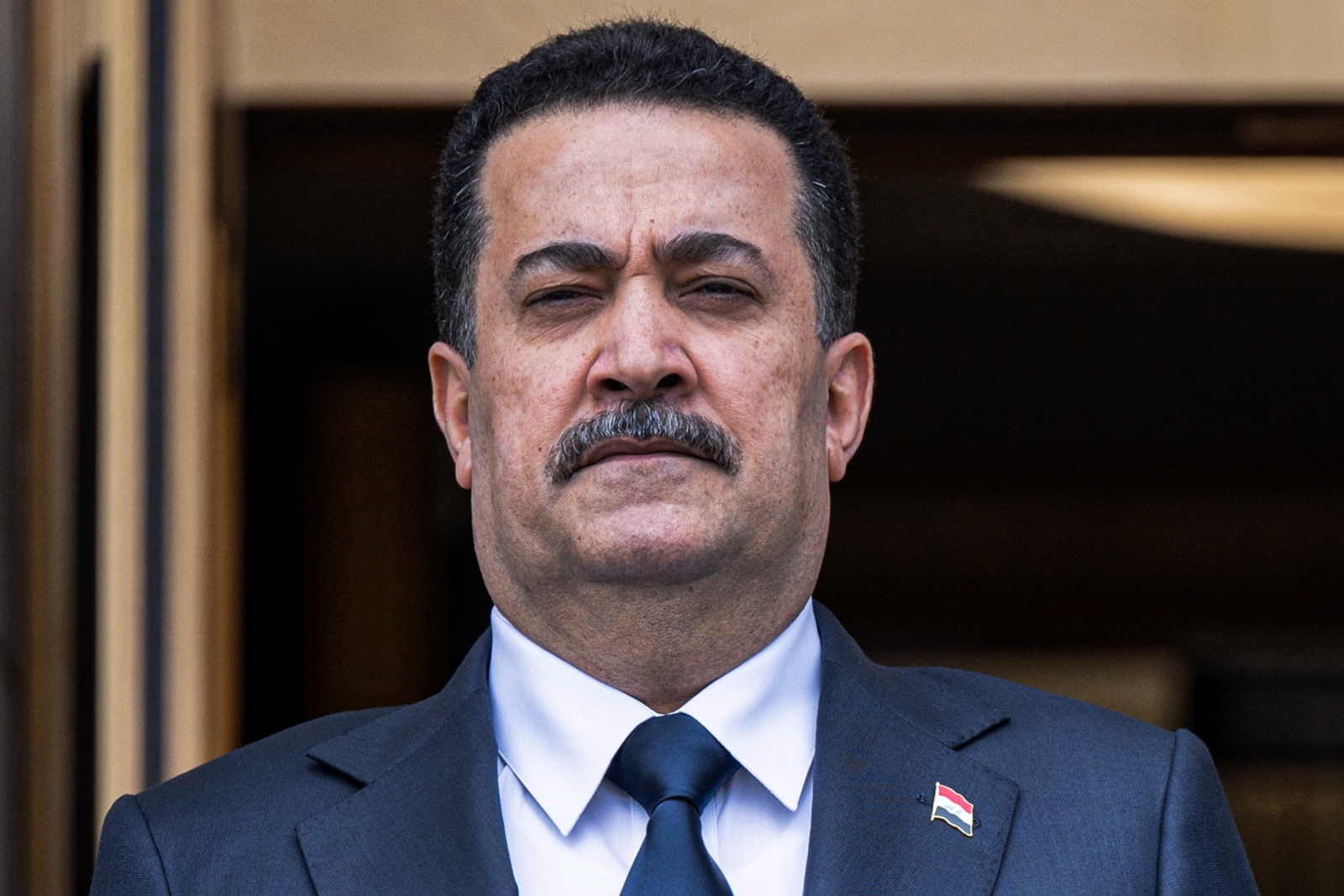
Leaving Without Leaving: U.S.–Iraq’s Quiet Pivot
The United States and Iraq are not parting ways; they are rewriting the terms of a long, complicated partnership. The end of the U.S.-led coalition’s mission in Iraq is a milestone, but not a curtain call. It marks a shift from a sprawling, multinational enterprise to a more discreet—and arguably more durable—bilateral arrangement.
In 2024, Washington and Baghdad agreed to conclude Operation Inherent Resolve by September 2025, closing the chapter on coalition operations and opening a phase of direct cooperation. The center of gravity will move from day-to-day military command to the slow, steady work of institution-building.
U.S. officials have been explicit: this is not a withdrawal. It is the next stage of a planned evolution—toward a long-term, sustainable security partnership anchored in training, intelligence sharing, and counterterrorism. Rather than severing ties, the two governments are tightening them quietly and deliberately.
After the mission formally ends in 2025, U.S. forces are expected to draw down through late 2026. Even so, a limited but strategically placed American presence will likely remain—especially in the Kurdistan Region—focused on advising Iraqi counterparts and sustaining pressure on ISIS remnants.
That recalibration is happening against a volatile backdrop. The recent fall of the Assad regime in Syria has sent shockwaves through the region, prompting some Iraqi political factions to revisit the pace of the U.S. drawdown. Fear of an ISIS resurgence—and of security vacuums opening—has spurred calls to slow the transition, privileging stability over symbolism.
Prime Minister Mohammed Shia al-Sudani is attempting a careful balance: maintain cooperation with Washington while constraining Iran-aligned factions at home. His message has sharpened in recent remarks: once the coalition’s mission concludes, there will be no justification for armed non-state actors to operate with impunity. The implication is plain—state authority must supersede militia prerogatives.
In Washington, lawmakers are pursuing the same end from another angle. A bipartisan group has introduced the “Free Iraq from Iran Act,” which would condition parts of U.S. security assistance on Baghdad’s concrete efforts to rein in Iranian-backed militias. The bill does not signal abandonment; it signals an insistence that the partnership evolve on firmer, more accountable terms.
What lies ahead is a phased, deliberate realignment—from coalition mechanics to a bilateral compact designed for endurance. Troop numbers will fall between 2025 and 2026, but the U.S. footprint will persist where it matters: supporting Iraq’s counterterrorism fight and buttressing regional stability.
In a region of shifting alliances and stubborn threats, Washington and Baghdad appear intent on ensuring that this transition strengthens, rather than weakens, their strategic bond.
